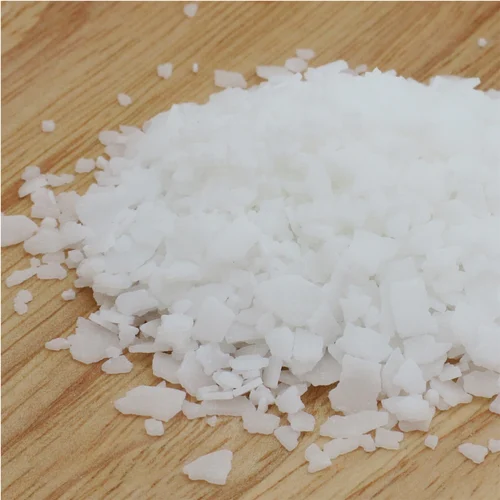Africa’s Industrial Need for Polyethylene Wax
Africa’s industrial landscape is rapidly evolving, with various sectors experiencing significant growth. Among the materials driving this transformation is Polyethylene Wax (PE Wax), a versatile and essential component in numerous industrial applications. This article explores the industrial need for PE Wax in Africa, highlighting its uses, benefits, and the factors contributing to its increasing demand.

Polyethylene wax PE wax
Understanding Polyethylene Wax
Polyethylene Wax is a synthetic wax derived from ethylene, a common monomer in the production of polyethylene plastics. It is produced through the polymerization of ethylene gas under controlled conditions, resulting in a wax-like substance with a high molecular weight and unique properties. PE Wax is known for its low molecular weight, high melting point, non-toxic nature, and excellent lubricating properties.
Key Industrial Applications
Plastic Manufacturing: PE Wax is widely used as a processing aid in the plastic manufacturing industry. It acts as a lubricant and release agent, improving the flow properties of molten plastics and enhancing mold filling. This reduces processing defects such as flow lines and surface imperfections, leading to higher quality plastic products.
Surface Modification: In the production of plastic films, sheets, and molded parts, PE Wax is used to improve surface gloss and appearance. It creates a smooth and shiny surface finish, enhancing the aesthetic appeal of plastic products..
Impact Modification: PE Wax functions as an impact modifier in certain applications, improving the toughness and impact resistance of plastics. This makes plastic products more durable and suitable for demanding applications.
Release Agent: PE Wax is extensively used as a release agent in mold release formulations for plastic molding and casting processes. It facilitates the easy release of molded parts from molds, reducing sticking and improving production efficiency.
khalijpolymer exporting team : we as an exporting team guarantee the quality of our products that’s our priority but we also made sure that prices we offer are lowest possible in international market. we value the time of our costumers Wich we rather call our business partners. You can contact us on WhatsApp. We prefer video call meetings.
Factors Driving Demand in Africa
Industrial Growth: Africa’s industrial sector is expanding, with significant investments in manufacturing, construction, and infrastructure development. This growth is driving the demand for high-quality plastic products, which in turn increases the need for PE Wax as a crucial additive in plastic manufacturing.
Urbanization and Infrastructure Development: Rapid urbanization and infrastructure projects across Africa are boosting the demand for construction materials, including plastics. PE Wax plays a vital role in enhancing the performance and durability of these materials, making it indispensable for the construction industry.
Automotive Industry: The automotive industry in Africa is also on the rise, with increasing production and assembly of vehicles. PE Wax is used in various automotive applications, including coatings, adhesives, and plastic components, contributing to the industry’s growth.
Environmental Considerations: PE Wax is non-toxic and chemically inert, making it safe for use in food packaging and other sensitive applications. As environmental regulations become stricter, the demand for eco-friendly materials like PE Wax is expected to rise.
Conclusion
The industrial need for Polyethylene Wax in Africa is driven by the continent’s rapid industrialization, urbanization, and growing automotive sector. Its unique properties and versatile applications make it a valuable additive in various industries, contributing to the production of high-quality, durable, and environmentally friendly products. As Africa continues to develop, the demand for PE Wax is likely to increase, playing a crucial role in the continent’s industrial growth and sustainability.
Click here for more contact info
